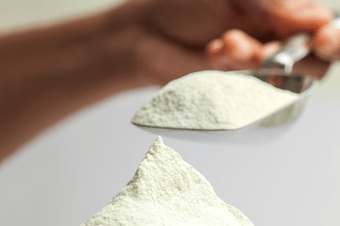
The New Zealand government has stepped up security after a "criminal threat" to contaminate infant and other formula was received.
The authorities said that the threat was an "apparent protest" over the government's use of the chemical 1080, sodium fluoroacetate, to control pests. Sodium fluoroacetate is used to protect pastures and crops from various herbivorous mammals. In New Zealand it is widely used by the Department of Conservation to control invasive non-native mammals – such as rats, possums, stoats and rabbits – that prey on or compete with native wildlife and vegetation.

Discover B2B Marketing That Performs
Combine business intelligence and editorial excellence to reach engaged professionals across 36 leading media platforms.
Since the threat was made, the Ministry for Primary Industries – with the support of multiple government agencies, manufacturers and retailers – has put additional measures in place to further protect infant formula products. These include security measures in retail outlets; milk and milk product testing, including a new 1080 programme; extra physical security measures in the supply chain; and a new audit programme to ensure dairies are conforming to "the highest level of security and vigilance".
MPI deputy director-general Scott Gallacher stressed that New Zealand infant formula was safe. "Security and vigilance has been significantly increased since this threat was received," he insisted. "We are confident that New Zealand infant and other formula is just as safe today as it was before this threat was made."
According to local reports, police said small packages of baby formula containing poison had been sent with anonymous letters to the National Farmers Federation and dairy giant Fonterra.

US Tariffs are shifting - will you react or anticipate?
Don’t let policy changes catch you off guard. Stay proactive with real-time data and expert analysis.
By GlobalData




